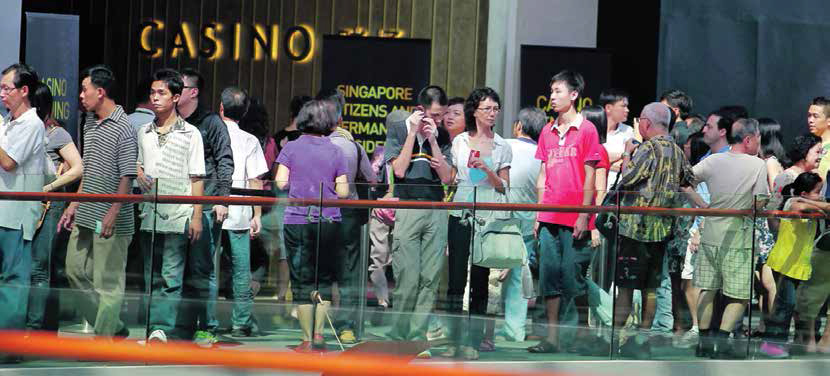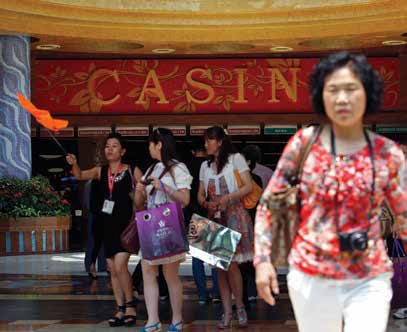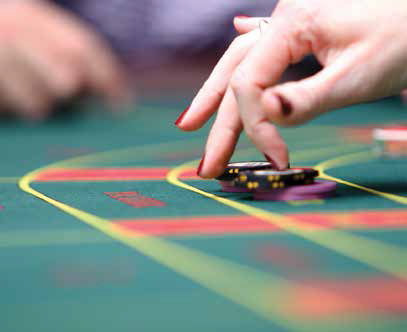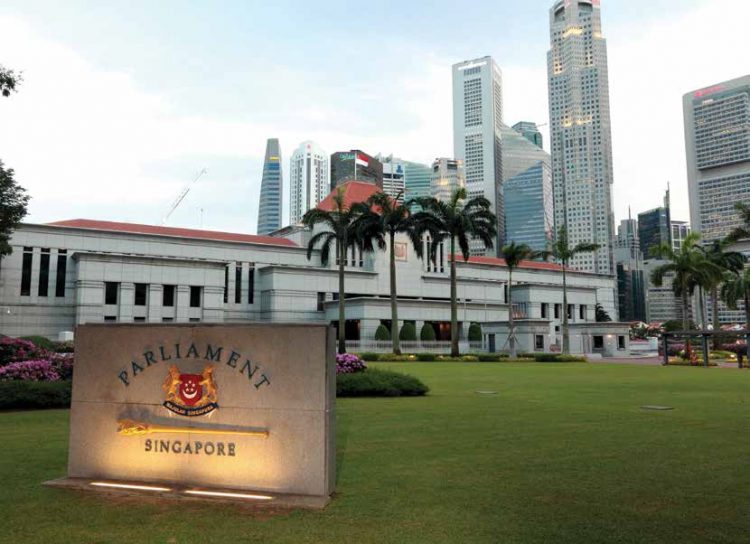Strict gaming regulation is rooted in Singapore domestic politics
On 25th April, 2010, the top executives at Marina Bay Sands were on tenterhooks as their careers hung on light bulbs and cutlery.
Two days before the scheduled opening of Las Vegas Sands’ integrated resort in Singapore, the leadership team told LVS Chairman Sheldon Adelson to board his private jet and fly across the Pacific, even though MBS lacked the gaming license it needed to open successfully.
License approval depended on Singapore’s Casino Regulatory Authority (CRA), which had dispatched a team of auditors from PricewaterhouseCoopers to determine whether the 581,400-square-meter resort was 50.1% complete, as required for licensing. Auditors counted light bulbs, chairs and cutlery. At Genting’s Resorts World Sentosa, auditors had counted aquarium fish.
Those examples typify Singapore’s fastidious gaming regulation that includes an entry levy on Singapore citizens, a virtual ban on junket promoters and stringent casino marketing restrictions, backed by fines—which have amounted to S$3.46 million ($2.6 million) since 2010—that are now stipulated to go as high as 10% of annual gross gaming revenue for serious violations. The approach doesn’t simply reflect Singapore’s regulatory reflex but its domestic politics.
“Having IRs was probably among the most controversial decisions the Singapore government ever made,” says Spectrum Asia CEO Paul Bromberg, whose firm consulted for local authorities on gaming regulation. To help allay public doubts and some ministers’ opposition to casino legalization, the government promised stringent social safeguards to address problem gambling, protect the financially vulnerable, curb crime and protect Singapore’s reputation.
“In the last five years you’ve seen that the government has not let up in terms of its scrutiny of how the IRs operate and their social impact,” says Gillian Koh, senior research fellow at Singapore’s Institute of Policy Studies. Early on, casino shuttle buses were banned, even from the airport. Exclusion rules have been broadened. Employers have been instructed to encourage their low-wage foreign workers to sign self-exclusion orders; foreigners account for 92% of 190,927 self-exclusions, according to Singapore’s National Council on Problem Gambling. Since 2013, those among the nation’s 136,000 civil servants who visit casinos more than four times monthly or buy an annual entry pass must disclose that they’ve done so. Last month, a cabinet minister announced a feasibility study of blanket exclusions for selected religious and labor groups.
HEAVY LEVY
When Steve Wynn abandoned his Singapore bid, he accused authorities of trying to “micromanage” the development process. The biggest concern for the remaining bidders, however, was the entry levy for Singapore citizens and permanent residents, set at S$100 ($75) for 24-hour access or S$2,000 per year. “All the applicants had real trouble with that,” says Michael Gore, a former Genting executive who worked on the company’s 4,000-page Singapore license application. “That was radical.”
Mr Gore believes the casino levy, plus the requirement to present a passport or Singapore identity card upon entering (and leaving), decreases potential visitation by 30%. Total revenue collected from the casino entry levy, as reported by the Singapore Totalisator Board, was S$224 million in the financial year ended 31st March, 2011, covering the initial year of IR operations, and has declined annually since then to reach S$151 million in FY 2014, a drop of 32.5%.
Still, Singapore citizens and permanent residents are estimated to account for half of play, though the government is believed to want the percentage to be much lower. “Generally speaking, for casinos, the great majority of play, 75-80%, is local,” Mr Gore says. “If Singapore manages to avert that,” the entry levy is working.
Mr Gore praises the CRA for liberal interpretation of the 15,000-square-meter limit on gaming space, counting only gaming positions and areas immediately around them, but not aisles or back-of- house areas. That’s enabled MBS to operate about 600 gaming tables plus 2,365 machines and RWS 565 tables and 2,451 machines, instead of about 300 tables each.
JUNKET-FREE ZONE
The CRA requires junket promoters, which it calls “international marketing agents,” to apply for licensing, as do other jurisdictions. “When we were writing the application, I just assumed that they would expeditiously license junket operators,” Mr Gore says. After all, junket promoters would bring the wealthy foreigners that authorities preferred as casino patrons. “Nobody anticipated there would be no junkets.”

But CRA requires voluminous financial and personal disclosures, leading Macau junkets to be rejected or not bother applying. Some tried to use nominees, which CRA disallowed. At the MBS opening, Mr Adelson declared, “We are fully prepared to operate without junkets,” and MBS has.
“Las Vegas Sands did a good job proving a large percentage of your VIP business can come without junkets,” an executive with extensive Asia experience says. “There’s ways to recruit very good customers as individuals, give them the proper amount of credit, if that’s required, and to look after them well.”

Only three IMAs have been approved, two from Malaysia and one based in Singapore, all licensed for RWS. The strict licensing requirements “compel a situation where people have to avoid the regulation to be able to operate,” states Mr Gore. Shadow junkets, with promoters signed up as individual VIPs and distributing chips and commissions to players, are believed to be present at both IRs, helping enable VIPs to account for 50% of gaming revenue.
The absence of Macau junket operators significantly constrains gaming revenue potential. It also saddles operators with player debt, a risk junkets largely assume in Macau. Gambling debts can’t be collected through mainland China’s legal system, and those players account for about half of Singapore’s VIP roll. RWS and MBS carry a combined $1.8 billion in receivables and made impairment provisions of $234 million during the first nine months of 2014, when estimated VIP revenue was $1.95 billion.

Shadow junkets, stagnant revenue, increasing regional competition plus Singapore’s more welcoming stance toward foreign deposits and investments spur hope for a more liberal posture toward junkets. “If they dropped the daily charge and they allowed junkets, probably the revenue would be 40% to 50% more,” Mr Gore estimates.
Some experts believe junkets breed crime, organized or otherwise, since their core activities include extra-judicial credit collection and skirting currency controls in players’ home countries. Mr Gore disagrees, contending crime is not an “inevitable” consequence of junkets, citing Australian casinos’ relationships with Macau junkets as an example. “Some innovation will be required to keep [Singapore’s casino revenue] growing,” he adds.
“One possibility would be if the government could get the junkets to start from scratch and allow funds sourced from legal activities,” Singapore attorney and former civil servant Terence Tay says. “But at the end of the day, the realities of the industry will prevail. If a junket is going to extend $10 million credit, the government would ask them how they’re going to collect.”
Ms Koh doesn’t foresee Singapore loosening social safeguards, since they’re half of a pact IRs made with authorities. “On the other side, they know that the government is going to do everything it can to develop the tourism trade, to develop the MICE trade. Everything and the kitchen sink is thrown at building up tourism.”
Editor at large Muhammad Cohen also blogs for Forbes on gaming throughout Asia and wrote Hong Kong On Air, a novel set during the 1997 handover about TV news, love, betrayal, high finance and cheap lingerie.
































